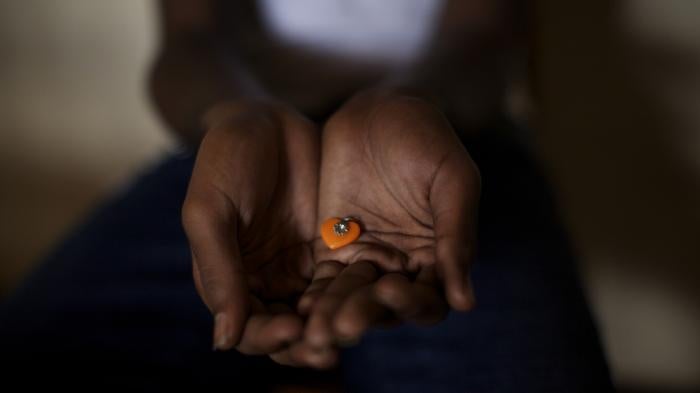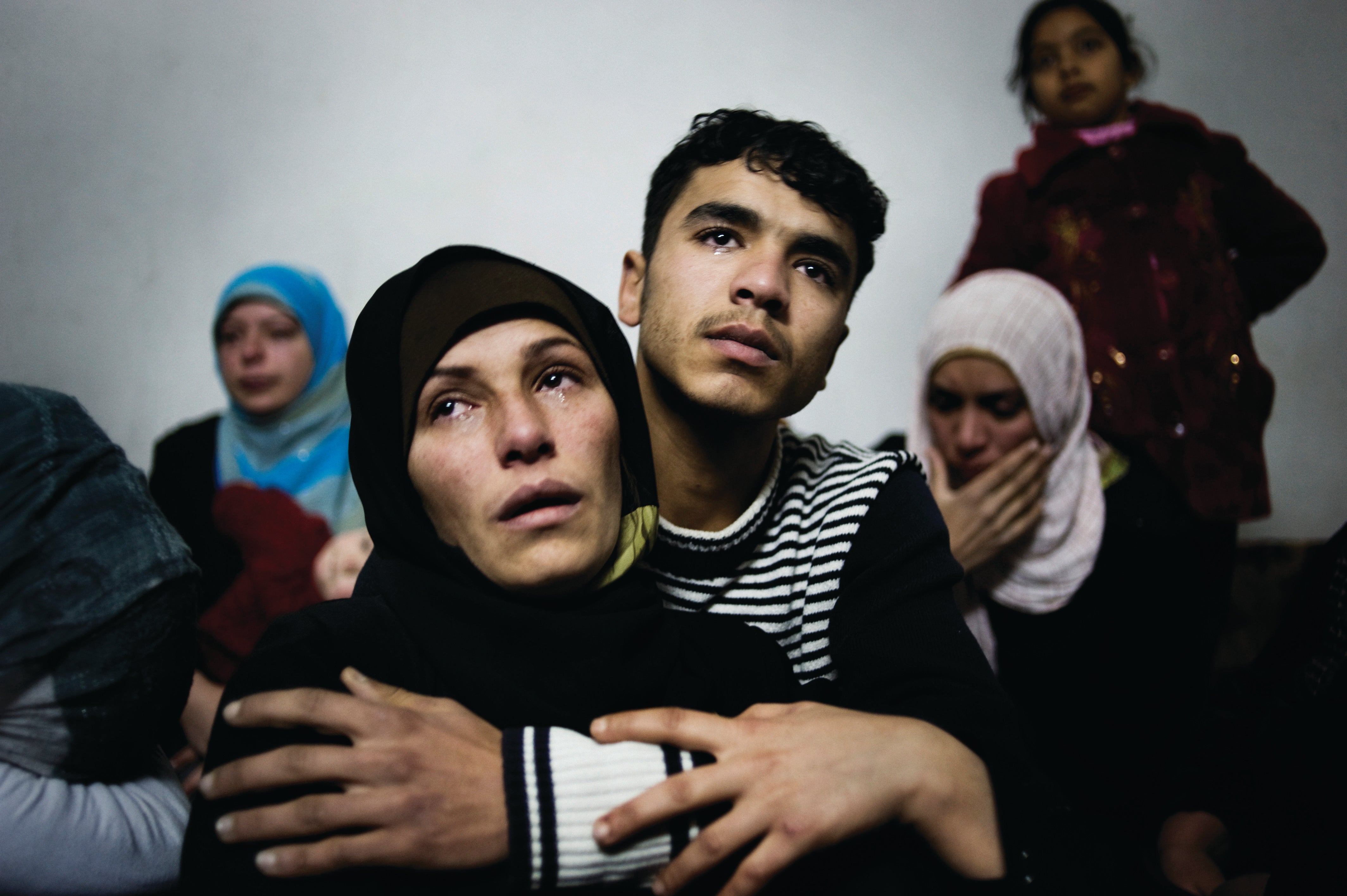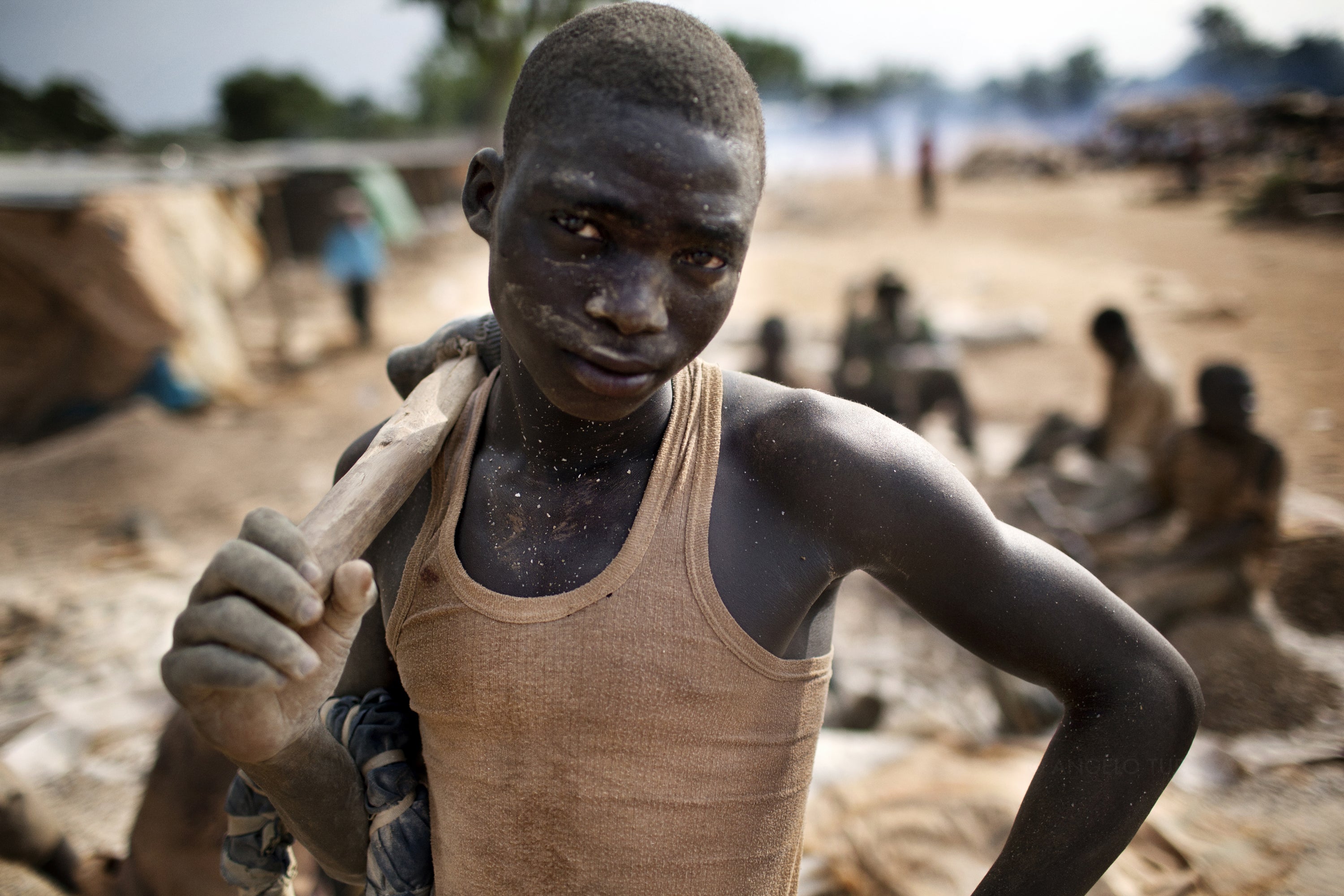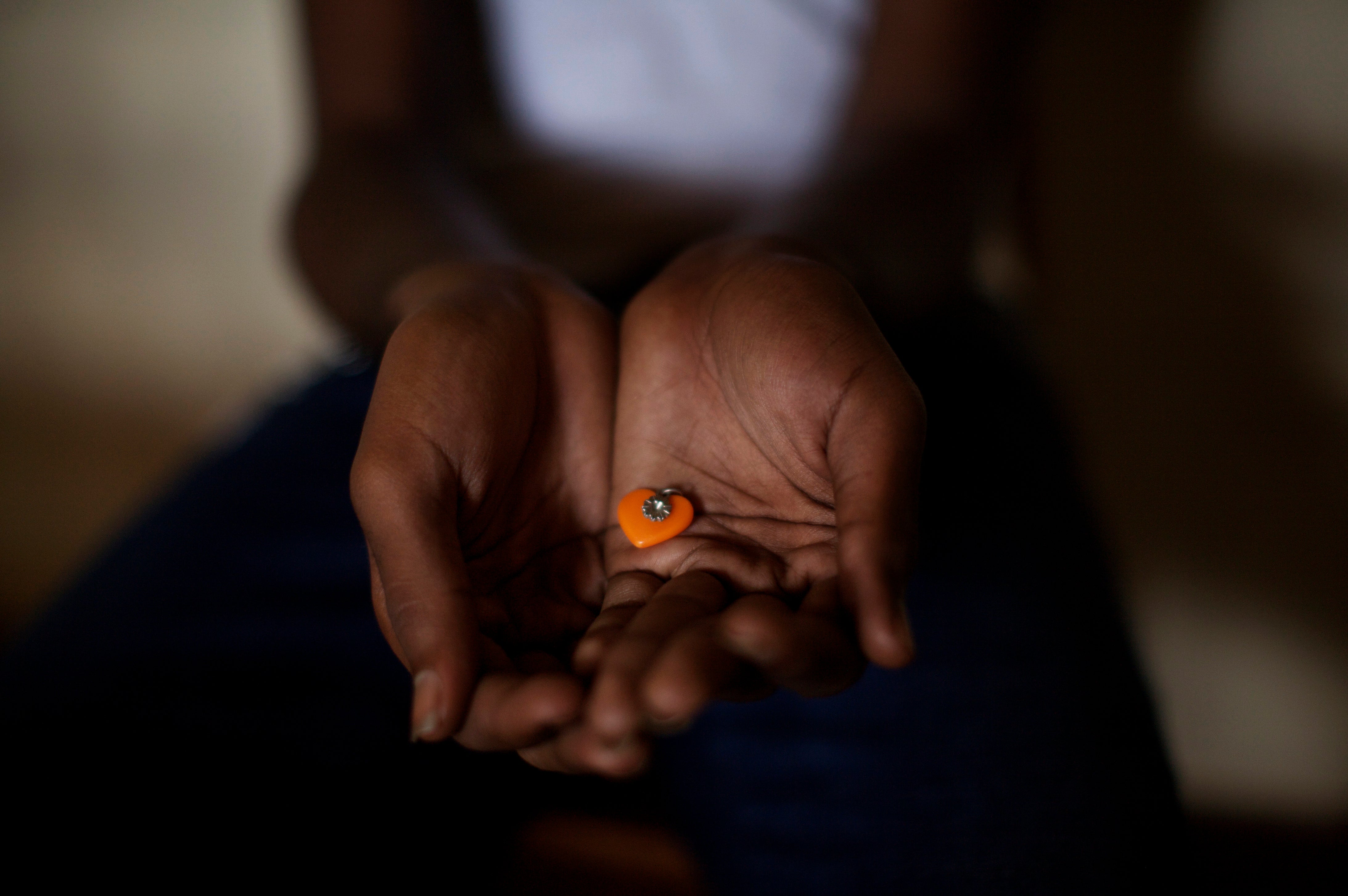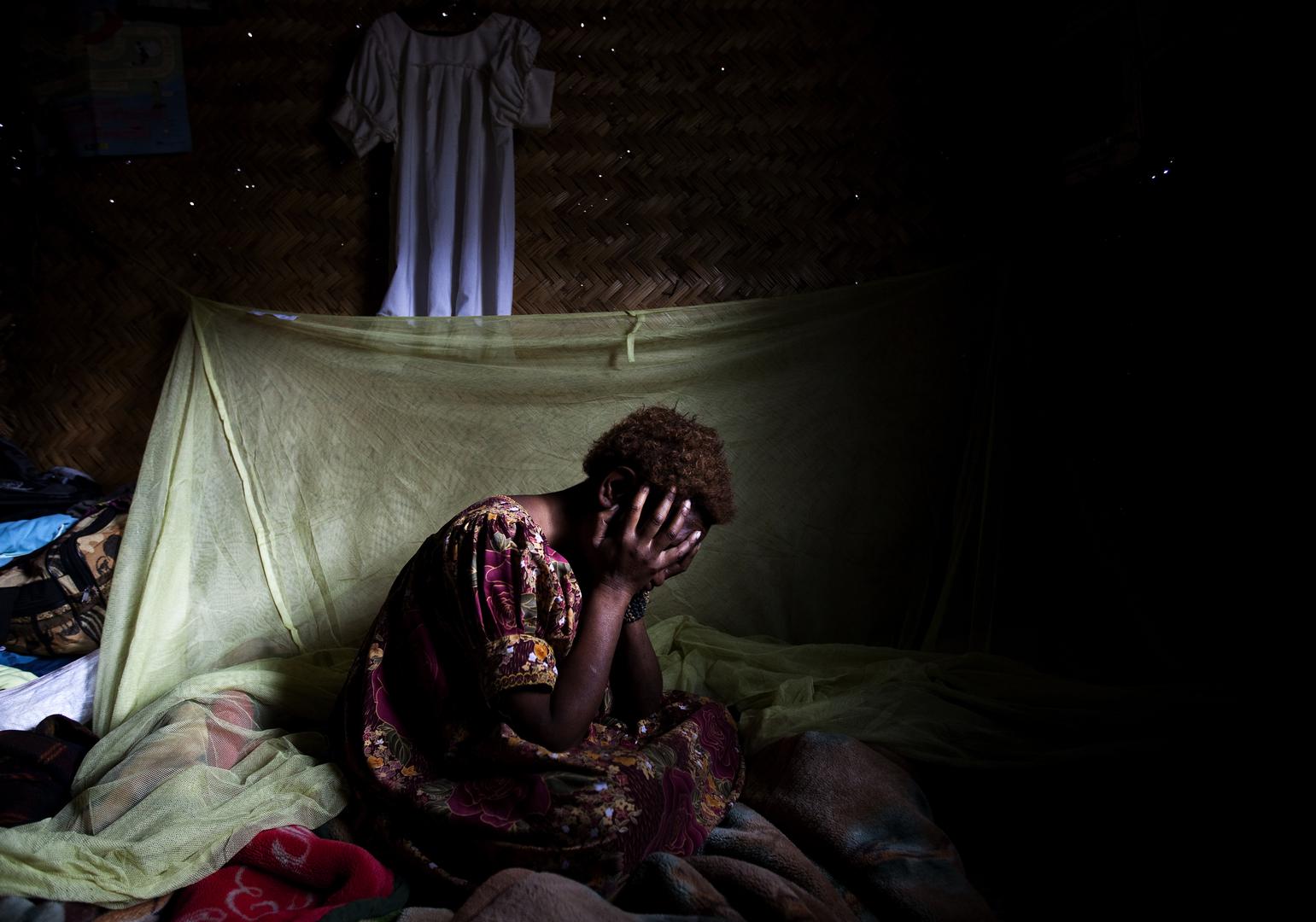“Tradition!” proclaims Tevye the milkman, in his foot-stomping opening to the musical Fiddler on the Roof. “Tradition!”
Tevye’s invocation of the familiar as a buffer against the vagaries of his hardscrabble life rings true—after all, what is more reassuring, more innocuous, than the beliefs and practices of the past?
Which is why the resolution passed by the United Nations Human Rights Council (HRC) in September 2012 seems, at first blush, to be so benign.
Spearheaded by Russia, it calls for “promoting human rights and fundamental freedoms through a better understanding of traditional values of humankind.” It warns that traditions cannot be invoked to contravene rights, and even mentions such bedrock human rights instruments as the Universal Declaration of Human Rights and the 1993 Vienna Declaration, while calling for a survey of “best practices”—all in the name of “promoting and protecting human rights and upholding human dignity.”
By the sound of it, the resolution deserves a standing ovation.
But a close look at the context from which this resolution arose reveals that traditional values are often deployed as an excuse to undermine human rights. And in declaring that “all cultures and civilizations in their traditions, customs, religions and beliefs share a common set of values,” the resolution invokes a single, supposedly agreed-upon value system that steamrolls over diversity, ignores the dynamic nature of traditional practice and customary laws, and undermines decades of rights-respecting progress for women and members of the lesbian, gay, bisexual, and transgender (LGBT) communities, among others.
In countries around the world, Human Rights Watch has documented how discriminatory elements of traditions and customs have impeded, rather than enhanced, people’s social, political, civil, cultural, and economic rights.
In Saudi Arabia, authorities cite cultural norms and religious teachings in denying women and girls the right to participate in sporting activities—“steps of the devil” on the path to immorality, as one religious leader called them (Steps of the Devil, 2012). In the United States in the early 1990s, “traditional values” was the rallying cry for evangelist Pat Robertson’s “Culture War”—code for opposition to LGBT and women’s rights that he claimed undermined so-called family values. Today, it is familiar rhetoric of the US religious right, which has used the same language to oppose gay marriage and to accuse political opponents of undermining tradition and “Western civilization.” And in Kenya, the customary laws of some ethnic communities discriminate against women when it comes to property ownership and inheritance; while some traditional leaders have supported transforming these laws, many others defend them as embodying “tradition” (Double Standards, 2003). As one woman told us, “They talk about African traditions, but there is no tradition you can speak of—just double standards.”
International human rights law—including the Convention on the Elimination of All Forms of Discrimination against Women, and the Protocol to the African Charter of Human and Peoples’ Rights on the Rights of Women in Africa—calls for customary and traditional practices that violate human rights to be transformed to remove discriminatory elements.
United Nations treaty monitoring committees, such as the Committee on the Rights of the Child (CRC) and the Committee Against Torture (CAT), have also stated that customs and traditions cannot be put forward as a justification for violating rights. UN Secretary-General Ban Ki-moon in June 2012 told the New York Human Rights Watch Film Festival, “In all regions of the world, LGBT people suffer discrimination—at work, at home, at school, in all aspects of daily life…. No custom or tradition, no cultural values or religious beliefs, can justify depriving a human being of his or her rights.”
But such authoritative statements have done little to dampen growing support among UN member states for resolutions that support “traditional values.” Not only did September’s HRC resolution pass easily—with 25 votes for, 15 against, and 7 abstentions—it was the latest in a series of efforts that Russia has championed in an effort to formalize an abstract set of universal moral values as a lodestar for human rights. In October 2009, for example, the HRC passed a resolution calling for the UN high commissioner for human rights to convene an expert workshop “on how a better understanding of traditional values of humankind … can contribute to the promotion and protection of human rights.” And in March 2011, the council adopted a second resolution requesting a study of how “better understanding and appreciation of traditional values” can promote and protect these rights.
Tradition need not be out of step with international human rights norms and standards. For many people living in rural areas, such as parts of sub-Saharan Africa, traditional values interpreted in customary law may be the only recourse to any form of justice. Nor is the substance of the HRC resolution all bad. It does not, for example, necessarily indicate a global consensus (many countries, including some from the developing world, did not support it), and its text specifically states that “traditions shall not be invoked to justify practices contrary to human dignity and that violate international human rights law.”
But unfortunately, such language can seem out of touch with a reality in which “tradition” is indeed often used to justify discrimination and crackdowns on rights—especially those of women and members of the LGBT community, among others—and is easily hijacked by nations determined to flout the rights of particular groups and to quash broader social, political, and legal freedoms.
In such environments, “tradition” subordinates human rights. It should be the other way around.
Rights Curtailed, Rights Ignored
There are potentially negative implications for many groups when traditional values trample on human rights—but they are not always the same.
For women, upon whose shoulders the burden of upholding cultural norms and values often falls, traditional values can be a tool that curtails their human rights. Human Rights Watch has shown that such “values” are sometimes used to justify forced marriages in Afghanistan, virginity testing in Indonesia, “honor crimes” in Iraq, and marital rape in Kyrgyzstan. In Yemen, the abolition of the minimum marriage age on religious grounds in 1999 means that girls as young as eight are married off to much older men, some of whom rape their pre-pubescent girl brides without legal consequence (How Come You Allow Little Girls to Get Married?,2011). In Bangladesh, unlike in neighboring India, even the most reasonable demands of Hindu women and women’s rights activists—such as divorce on a few grounds that include cruelty and abandonment—have been stalled for decades by critics of such moves, who cite “religion” (Will I Get My Dues … Before I Die?, 2012).
While many representatives in Yemen’s parliament agree that a minimum marriage age is vital to safeguarding young girls’ rights, they have been held hostage by a small but powerful group of parliamentarians who oppose any minimum age restriction on the grounds that it would lead to “spreading of immorality” and undermine “family values.”
For LGBT people, the traditional values argument may not just be used to limit human rights, it may be used to entirely negate them. That’s because the language of traditional values tends to cast homosexuality as a moral issue, and not a rights issue—as a social blight that must be contained and even eradicated for the good of public morality.
Public morality narrowly invoked, as the International Covenant on Civil and Political Rights (ICCPR) recognizes, may provide a legitimate reason to temporarily restrict some rights. But it should not be a smokescreen for prejudice or conflated with majority opinion, and it may never be used as an excuse to violate the covenant’s non-discrimination provisions.
It often is.
In 2008, for example, Human Rights Watch showed how vague and ill-defined “offenses against public morality” laws are used in Turkey to censor or close LGBT organizations and to harass and persecute LGBT people (We Need a Law For Liberation). A year later, the Philippine Commission on Elections invoked “morality,” “mores,” “good customs,” and “public morals” when it rejected an LGBT group’s application to register as a political organization. The Supreme Court of the Philippines rejected this argument in 2010, holding that the country’s democracy precluded “using the religious or moral views of part of the community to exclude from consideration the values of other members of the community.”
Similarly, several former British colonies, including Nigeria and Malaysia, use moral terms such as “gross indecency” and “carnal knowledge against the order of nature” in rejecting homosexuality, citing so-called traditional values embodied in laws that in fact only date to the relatively recent, and otherwise derided, colonial era. In the 2008 report This Alien Legacy, for example, Human Rights Watch highlighted the irony of foreign laws being exalted as “citadels of nationhood and cultural authenticity.” “Homosexuality, they [judges, public figures, and political leaders] now claim, comes from the colonizing West,” the report states. “They forget the West brought in the first laws enabling governments to forbid and repress it.”
In Uganda, Malaysia, Moldova, and Jamaica, where the state rejects LGBT rights, claims that homosexuality is simply “not in our culture” are ubiquitous.“All countries are ruled by principles,” Alexandru Corduneanu, the deputy mayor of Chisinau, said in 2007, after the Moldovan capital city banned a demonstration by LGBT activists for the third year running. “Moldovais ruled by Christian principles, and that is why we cannot allow you to go against morality and Christianity by permitting this parade.”
A Tool of Repression
Traditional values need not be at odds with human rights; indeed, they may even bolster them.
In Iraqi Kurdistan, for example, where tradition, custom, morality, and Islam have been invoked to justify continuing female genital mutilation (FGM) from one generation to the next, the highest Muslim authority issued afatwa in July 2012, signed by 33 imams and scholars, saying that Islam does not require FGM (They Took Me and Told Me Nothing, June 2010). Disappointingly, implementation of the Family Violence Law that went into effect on August 11, 2011, and includes several provisions to eradicate FGM, has been lackluster.
There has also been some progress in adapting or banning “traditional” practices that fail to respect human rights. The 2009 Elimination of Violence Against Women Law in Afghanistan, for example, outlawed baad—the practice by which disputes are settled in the community by giving up women or girls as compensation for crimes—although implementation of the law has been poor. Several countries have also amended their laws related to family—the conduit of many traditions—to different degrees, illustrating the space for negotiation and constant change to improve women’s rights rather than place them within a static framework of unchanging “traditional values.”
Several recent legal cases, including in South Africa, Kenya, and Botswana (which voted against the HRC resolution), also show that rights-limiting traditional practices need not hold sway over inclusive, rights-respecting national law.
In 2008, for example, South Africa’s Constitutional Court found in favor of a daughter inheriting her father’s chieftaincy—in line with the country’s constitution and against a male rival’s claim that the Valoyi people’s tradition of male leadership meant he was the rightful hosi, or chief, of the 70,000-strong group. In issuing its ruling, the court noted that tradition is never static, and should adhere to human rights standards laid out in a rights-based constitution.
Kenyan courts ruled in 2005 and 2008 that, despite customary laws of particular ethnic groups favoring sons for inheritance purposes, daughters must have an equal right to inherit a father’s property. The courts noted that where discrimination is at stake, human rights must prevail. Kenya has since amended its constitution, enshrining women’s equal rights to land and property.
Meanwhile, Botswana’s High Court in October 2012 ruled in favor of four sisters who had fought a five-year battle with a nephew who claimed rightful ownership of the family home. The court ruled that the customary law upon which the nephew based his case contravened constitutional guarantees of equality for men and women. The attorney general had reportedly agreed that customary law was discriminatory, but argued that Botswana was not ready to change it.“Culture changes with time,” the court observed
But such examples are rare.
Too often, “traditional values” are corrupted, serving as a handy tool for governments in the business of repression. For Russia, which spearheaded the HRC resolution, the insertion of traditional values into the realm of human rights comes amid intensifying government repression of civil society and the media, and is part of a concerted effort to roll back the gains made by women and LGBT people in Russia.
In 2012, St. Petersburg became one of nine Russian regions to date to adopt so-called homosexual propaganda laws that outlaw creating “distorted perceptions” about the “social equality of traditional and non-traditional family relationships.” Russian Foreign Minister Sergei Lavrov justified the laws—which Russia’s Supreme Court upheld in restricted form in October—by arguing that LGBT human rights were merely an “appendage” to universal values. There is active debate about introducing similar legislation that cynically links homosexuality and child abuse, in Moscow and on a federal level.
And in 2010, the Constitutional Court of the Russian Federation upheld the conviction of lesbian activist Irina Fedotova for an administrative offense under provincial law after she displayed posters near a school in the city of Ryazan, southeast of Moscow, declaring, “Homosexuality is normal” and “I am proud of my homosexuality.” The court ruled that the “homosexual propaganda law,” which the city adopted in 2006, did not interfere with Fedotova’s freedom of expression, since “traditional understandings of family, motherhood and childhood” were values necessitating “special protection from the State.”
The UN Human Rights Committee, the international expert body that monitors implementation of the ICCPR, begged to differ, ruling in November 2012 that the federation was in violation of the covenant’s freedom of expression provisions. “[T]he purpose of protecting morals,” the committee stated, “must be based on principles not deriving exclusively from a single tradition.”
A Comforting Ideal
It’s no coincidence that traditional values—and the related push against LGBT rights—are finding an eager and broadening international audience at this time.
In some cases there’s a specific context, as in Russia with President Vladimir Putin’s broader clampdown on civil society and Russia’s efforts to roll back the mandates of the international human rights machinery while encouraging like-minded allies to do the same. In sub-Saharan countries, such as Zimbabwe and Uganda, the devastation of AIDS, economic crisis, and political instability have lawmakers scrambling to pass increasingly repressive legislation against homosexuality on the grounds that doing so is necessary to protect African culture and tradition in the face of encroaching foreign values.
More broadly, the current climate of political uncertainty, social upheaval, and economic crisis in much of the world has enhanced the appeal of the timeless universal essence that tradition is claimed to embody. In Uganda, as Human Rights Watch showed in 2012 (Curtailing Criticism), the government’s clampdown on civil society organizations is in part justified by an appeal to homophobia, amid increased political tension, escalating public criticism, and President Yoweri Museveni’s own political ambitions to serve another term after the 2016 elections.
Blaming one group for the ills befalling society is easy and appealing in the face of such instability. Gays and lesbians, who often live in secret due to laws and social prohibitions against homosexuality, are particularly easy targets for the moral panics that can erupt at a time of social crisis. In Jamaica, gay men in particular are seen as harbingers of moral decay, leading to public vitriol which often ends in violence, including a June 2004 mob attack on a man perceived to be gay in Montego Bay. The mob chased and reportedly “chopped, stabbed and stoned” him to death with the encouragement of the police (Hated to Death, 2004).
In Zimbabwe, where gays and lesbians frequently find themselves playing the role of “folk devils,” gay-bashing follows the election cycle all too predictably, with President Robert Mugabe raising the specter of homosexuality as a way to deflect attention from the country’s more pressing social, political, and economic problems. In 1995, as his regional stature was diminishing, Mugabe unleashed a vitriolic attack on gays, whom he said “offend against the law of nature and the morals of religious beliefs espoused by our society.” In 2012, Mulikat Akande-Adeola, the majority leader of Nigeria’s House of Representatives, was equally unequivocal when she supported a sweeping anti-LGBT bill when it passed its second reading: “It is alien to our society and culture and it must not be imported,” she said. “Religion abhors it and our culture has no place for it.”
Transformation, Not Rejection
The human rights movement is not opposed to the existence of customary law, religious law, and tradition; it is opposed to those aspects of them that violate rights.
As a result, the task at hand is one of transformation, not rejection—as reflected in international human rights law that calls for customary and traditional practices that violate human rights to develop in order to remove discriminatory elements. As the Convention on the Elimination of All Forms of Discrimination against Women stipulates, states should “modify” the social and cultural patterns of conduct of men and women to eliminate “prejudices and customary and all other practices which are based on the idea of the inferiority or the superiority of either of the sexes or on stereotyped roles for men and women.”
“Culture changes with time,” Botswana’s High Court stated in itsOctober 2012 ruling in favor of the four sisters battling for their family home in the face of customary law. And that is precisely the point. Culture does change with time.
Evoking a static and vague concept of “tradition” not only fails to account for these shifts, it fossilizes society. The risk is that instead of advancing human rights and basic freedoms, the HRC resolution and its call for a “better understanding of traditional values” could be used as an excuse to bury rights under a mound of cultural relativism—threatening to roll back women’s rights and exclude LGBT people from a human rights framework in the process.
Graeme Reid is director of the LGBT Rights division
